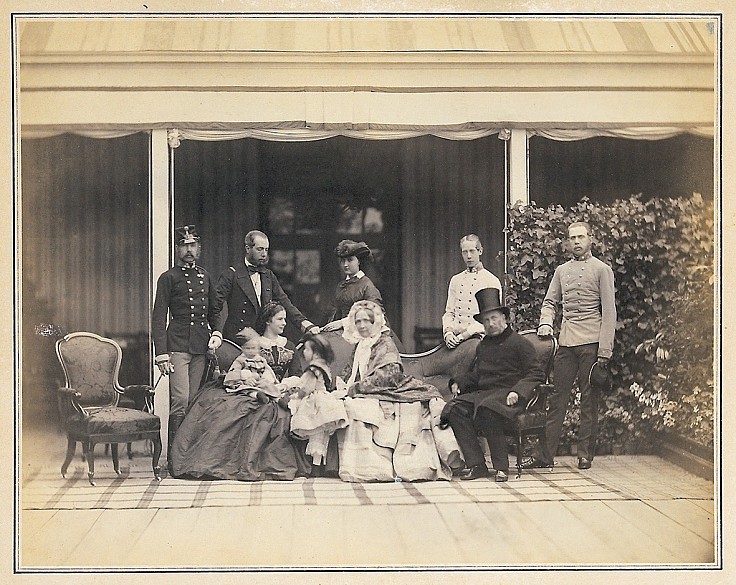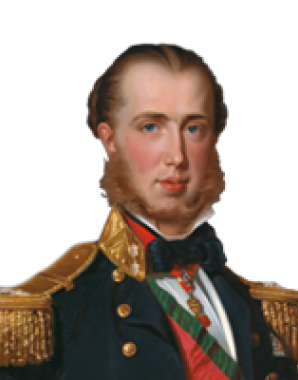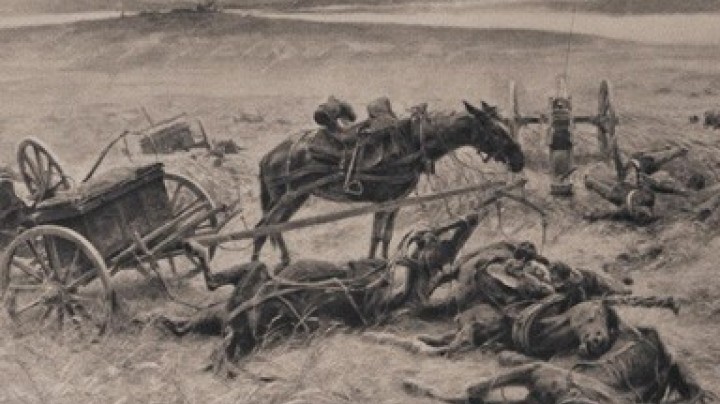Archduke Karl Ludwig – a Habsburg of the second rank
Karl Ludwig is generally regarded as an insipid and colourless representative of the Habsburg dynasty. In itself, his biography would be of little interest were it not for the fact that he became the progenitor of what was to become the main line of the dynasty, as Emperor Franz Joseph had no direct surviving male descendant.
Born in Vienna on 30 July 1833, Archduke Karl Ludwig was the third son of Archduke Franz Karl and Sophie of Bavaria. The archduke was said to be rather simple and was overshadowed all his life by his elder brothers Franz Joseph and Ferdinand Maximilian (later emperor of Mexico). Like all later-born sons of the dynasty, Karl Ludwig embarked on a military career for which he showed neither particular interest nor any noticeable talent.
Karl Ludwig was notorious for his ultra-conservative attitudes. For some years he held the office of governor in Tyrol and Vorarlberg, where he positioned himself as a pronounced representative of anti-liberal and clericalist tendencies. He later resigned from this office and assumed no further political functions.
Karl Ludwig is also known by the derisive epithet of the ‘exhibition archduke’. He came by this sobriquet not on account of any particular enthusiasm for the arts and sciences but because he frequently represented his brother the emperor at such events, appearing at openings as the token imperial presence. Among other functions he was a patron of the Künstlerhaus, an association of artists connected to the Academy of Fine Arts.
His mother imbued him with a dogmatic devotion to the Catholic Church, which was however extremely pronounced even by Habsburg standards. In later years his extreme piety escalated into bigotry. Having become rather odd in old age, he is supposed to have responded to the respectful acknowledgement of passers-by by dispensing blessings upon them from his carriage.
Karl Ludwig died on 19 May 1896 from complications following a serious infection contracted from drinking water out of the river Jordan while on a pilgrimage to the Holy Land.
















